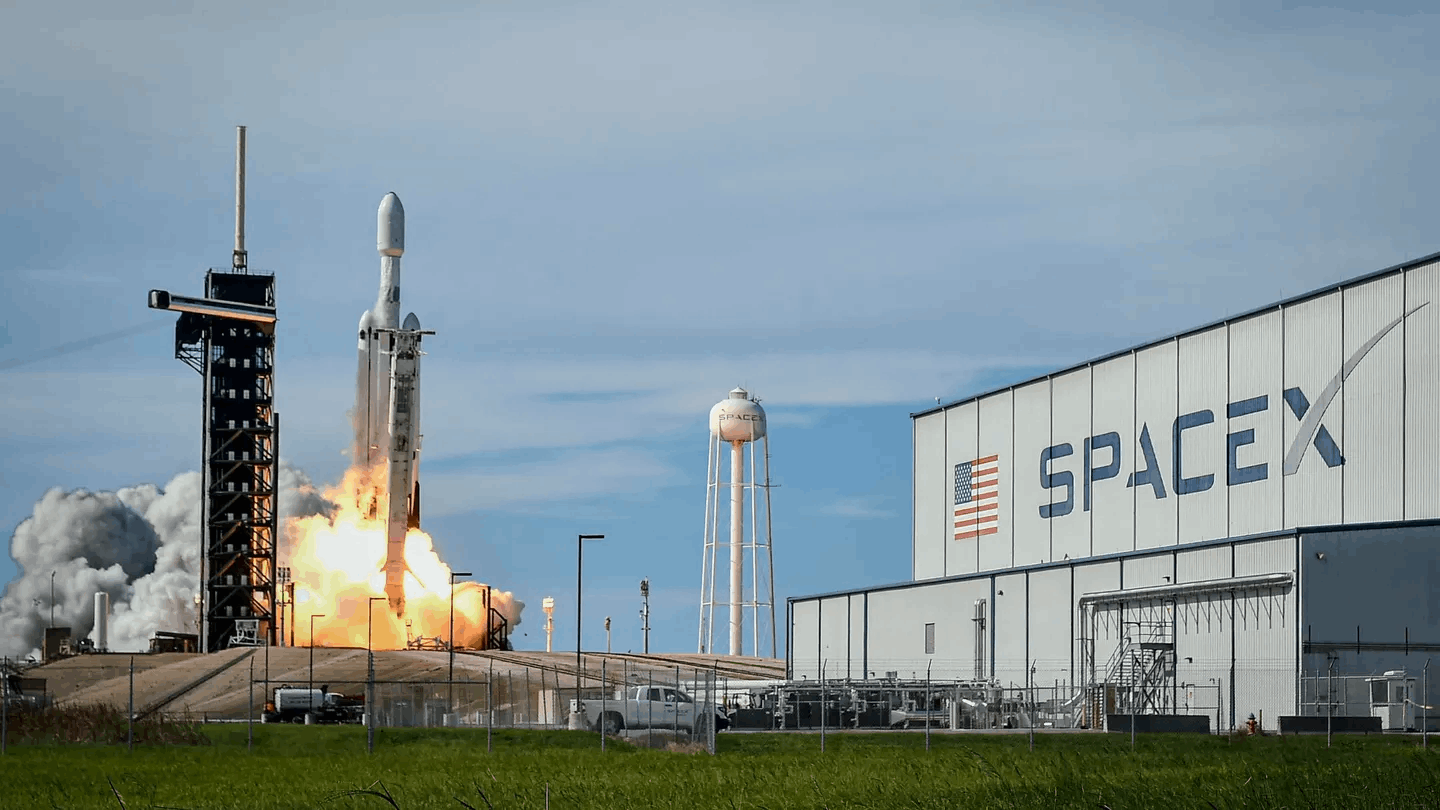Elon Musk: “I Will Die in America, I’m Not Going Anywhere. I Might Go to Mars, But That Will Be Part of America.
In a recent, candid statement, tech mogul and SpaceX founder Elon Musk made it clear that his roots are firmly planted in America, despite his ambitions to take humanity to Mars. Speaking to reporters, Musk declared, “I will die in America, I’m not going anywhere. I might go to Mars, but that will be part of America.”
This statement sparked widespread discussion about Musk’s long-term vision for humanity, his deep commitment to the United States, and how his company SpaceX is changing the landscape of space exploration and its relationship to the future of Earth.
Musk’s words carry significant weight, not only because of his prominence as one of the leading figures in both technology and space exploration but also because they reflect a larger, more profound viewpoint on the role America plays in shaping the future of the human race.
Musk has long been a proponent of making humanity a multi-planetary species, and his company SpaceX is spearheading efforts to send humans to Mars. However, this latest statement underscores his belief that despite expanding to the stars, America will remain at the center of his mission—both personally and professionally.
For many, the phrase “I will die in America” holds a deeper meaning. It speaks to Musk’s personal connection with the country that has allowed him to turn his ambitious visions into reality. Born in South Africa and having moved to the United States in the 1990s to attend school, Musk’s success story is emblematic of the American Dream.
While some of the world’s most powerful business leaders have relocated or opened global headquarters in various tax havens or countries with more favorable regulations, Musk has continued to reinforce his connection to the United States, a country that has supported his ambitions and allowed him to reach unparalleled heights in space exploration and automotive technology.

Musk’s bold declaration that he might go to Mars but that Mars will be “part of America” highlights the intersection of national identity and space exploration. Over the last few decades, space exploration has been a collective endeavor for humankind, but it has also been deeply tied to the political and economic power of the countries leading the charge.
The United States, through NASA, has historically been at the forefront of space exploration. With SpaceX’s advancements in reusable rockets, interplanetary travel, and human missions to Mars, Musk is shaping the next chapter of America’s dominance in space exploration.





